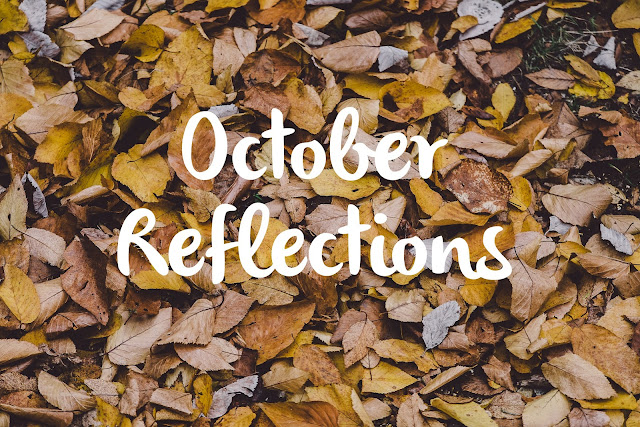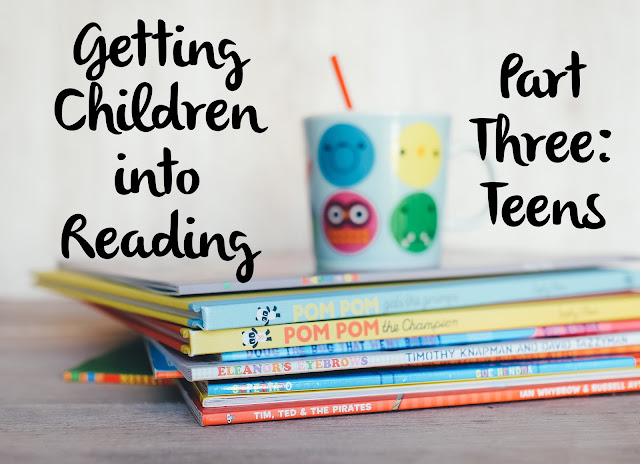October is one of my favourite months – golden leaves
aplenty, berries bursting, nights drawing in - it’s a magical time of year.
This October did not disappoint and was the perfect time to cuddle up and be
bookish, creative and cosy. Here’s a few reflections I’d like to share with
you…
Quotation
‘Look deep into nature, and then you will understand everything
better.’ - Albert Einstein
Can you get out into nature this month? In what way can you
enrich the moments you have outside this autumn? Whether it’s a few quick snaps
of fallen leaves or a walking meditation on a crisp morning, take time to just
be in the splendour of nature.
The highlight of my reading this month was Virginia Woolf in Manhatten by Maggie
Gee, a wild exploration of what would happen if the Bloomsbury icon returned to
us. I particularly loved the way Woolf was explored in terms of her status as a
yardstick by which all female writers are measured. There are some comical
moments – Woolf bringing back her politically incorrect speak with her from the
early twentieth century – as well as some heat breaking ones. Woolf’s sadness
over coming back to realise the lives of her loved ones, including her beloved
husband Leonard, had to go on after she took her life was particularly
poignant.
Writing
This month I’ve been thinking a lot about writing from the
point of view of someone completely unlike you. In my case, that’s writing from
the perspectives of men and children. What I’ve discovered is, that whilst of
course there are quirks and types to explore, at the crux of a character is a
motivation, a need. Tapping into the truth of your character sets them free to
be who they want you to write.
I recently read about a selection of words that are
untranslatable in English. My favourites were the Inuit word ‘iktsuarpok’
meaning the feeling of anticipation that makes you look outside when you’re
expecting guests, and ‘waldeinsamkeit’, a German word for the feeling of being
alone in the woods. It made me think about the power of words as well as their
limitations. Appreciate your language by inventing five words to describe those
indescribable feelings and phenomena.
Three things to look forward to in November:
1. Making rocky road bites with popping candy and
veggie friendly marshmallows to enjoy on bonfire night.
2. Brisk, crisp walks under white, cold skies.
Catch up with October’s Posts:





































